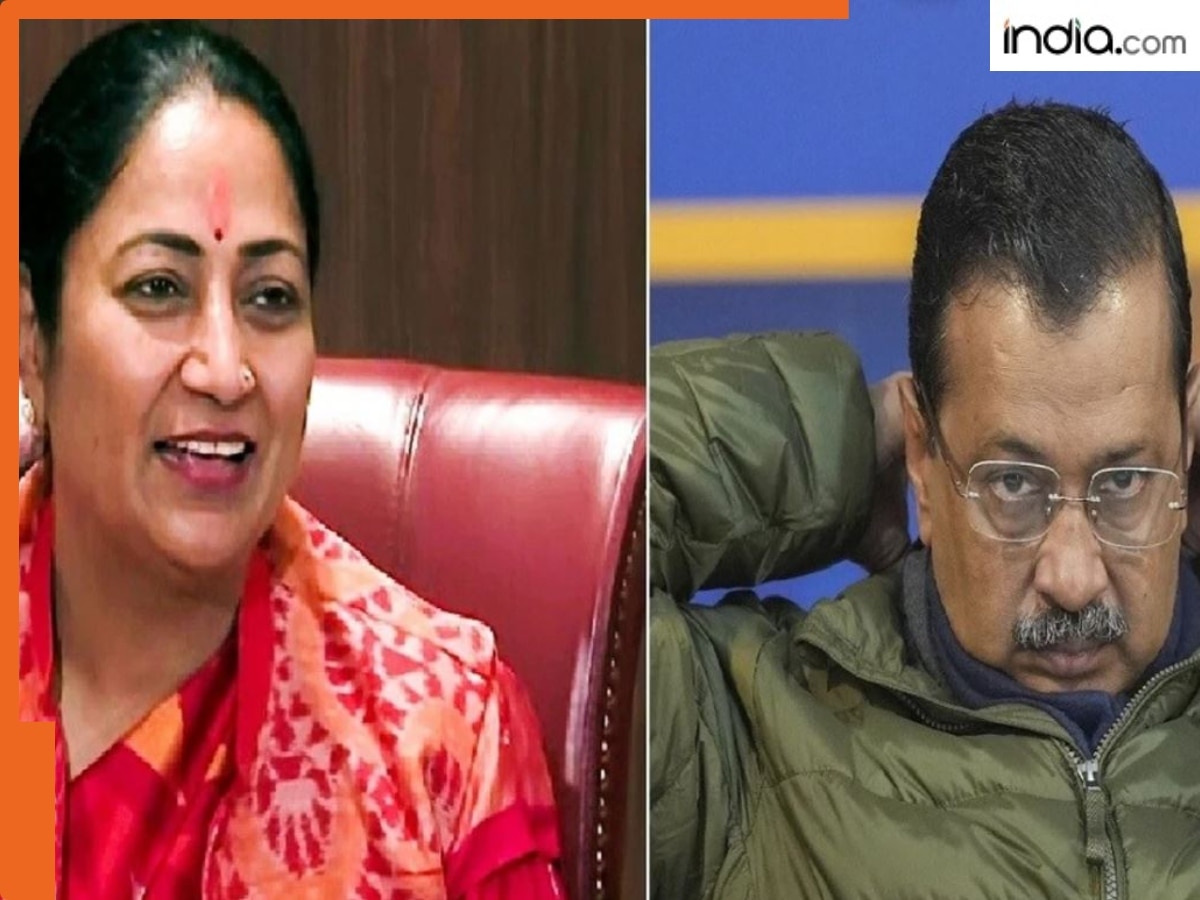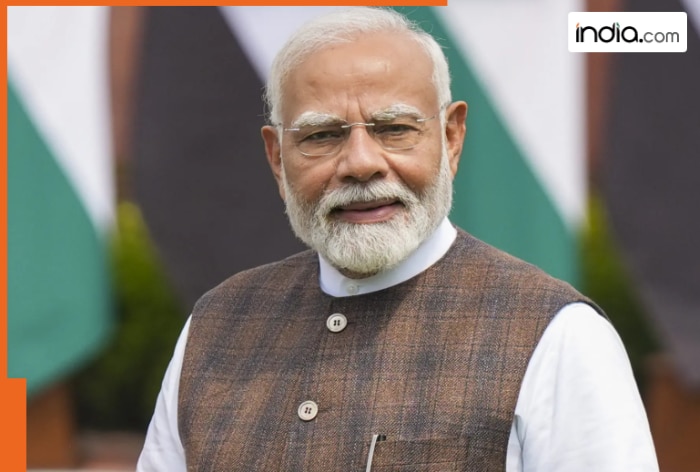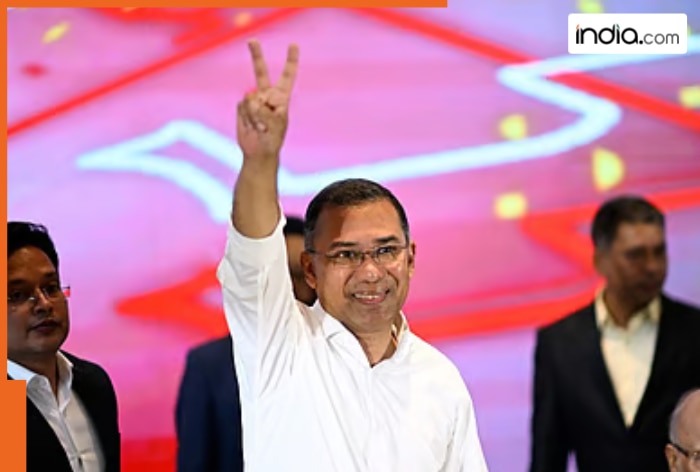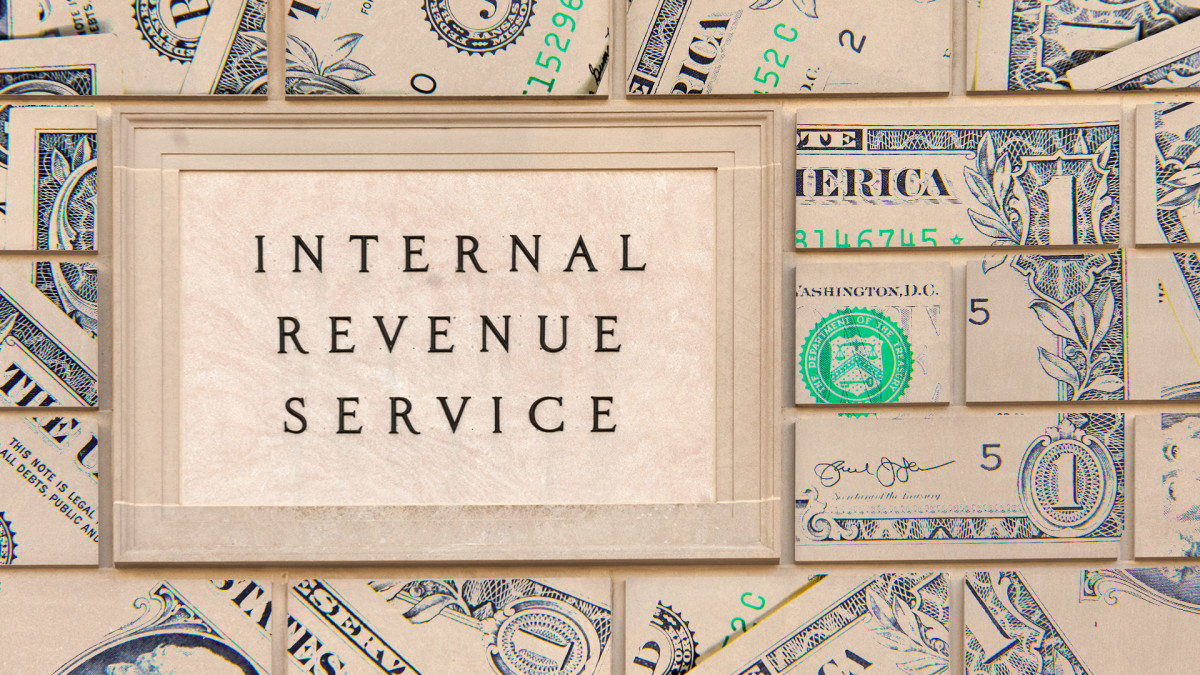Delhi suffers Rs 2002 crore loss in liquor scam, CAG report reveals SHOCKING details how new excise policy led to…
The CAG report stated that there are multiple stakeholders involved in the supply and distribution of liquor starting from the manufacturers/distilleries (located outside Delhi) to Warehouses located in Delhi and then to various vends, Hotels, Clubs and Restaurants.

The Delhi liquor scam precipitated a gigantic lack of Rs. 2,002 crore due to the more than one violations, discounts, and policy loopholes. A new CAG vow presented by Delhi Chief Minister Rekha Gupta within the Assembly as of late has uncovered stunning small print of how the new excise policy ended in this monetary setback. The vow highlights several spoiled decisions that resulted in unparalleled earnings losses for the executive.
The CAG vow on the Performance Audit of ‘Regulation and Provide of Liquor in Delhi’ highlighted the advanced community of stakeholders fascinated with the liquor present chain—from producers and distilleries (positioned outdoors Delhi) to Bonded Warehouses all the design via the metropolis, and further to executive-bustle liquor retail outlets, inside of most retail outlets, accommodations, golf equipment, and drinking places earlier than reaching the patrons. Additionally, the vow capabilities out the more than one earnings streams below which the Excise Department collects funds.
How did Delhi lose over Rs. 2,000 crore?
The CAG vow, presented within the Assembly amid uproar and the suspension of 15 AAP MLAs, breaks down the Rs. 2,002 crore loss into assorted categories.
- Rs. 941.fifty three crore loss – Liquor retail outlets couldn't originate in certain areas that did no longer meet land-use norms, as per the new policy.
- Rs. 890.15 crore loss – No tenders were issued for 19 zones where liquor licenses had been surrendered, ensuing in zero earnings from these areas. The executive also did no longer carry out any alternative preparations for liquor sales.
- Rs. 144 crore loss – License funds were waived for vendors below the pretext of COVID-19 relief.
- Rs. 27 crore loss – Errors in gathering security deposits from zonal licensees.
- Excise Coverage Rule 35 (Delhi Excise Coverage, 2010) used to be no longer smartly implemented.
Foremost flaws within the Liquor Coverage
- Of us with interests in manufacturing and retail got wholesale licenses, organising an unfair earnings.
- Wholesale earnings margins were elevated from 5% to 12%, benefiting wholesalers while lowering executive earnings.
- No quality check labs were home up in warehouses, despite executive guarantees.
- No screening or monetary tests were done for liquor zone operations, even supposing Rs. 100 crore used to be required for it.
- Some bidders had miniature to no profits within the final three years, elevating concerns about proxy ownership and political favoritism.
- AAP executive missed its delight in educated committee’s suggestions and made arbitrary policy adjustments.
- Earlier, one particular person may delight in simplest 2 liquor retail outlets, nonetheless the new policy allowed as much as 54 retail outlets.
- Government-bustle liquor retail outlets were diminished from 377 to zero, while inside of most liquor vendors elevated to 849, out of which simplest 22 inside of most gamers bought licenses, leading to monopoly and favoritism.
- Producers were restricted to tie-up with simplest one wholesaler, further limiting competition.
Out of 367 registered IMFL producers, simplest 25 producers accounted for 70% of complete liquor sales. - Three wholesalers (Indospirit, Mahadev Liquors, and Brindco) controlled 71% of the full liquor present, which manipulated prices and diminished particular person choices.
In short, the new liquor policy created a design where just a few pick gamers benefited on the imprint of public earnings, leading to unparalleled monetary losses for Delhi.
The liquor policy scandal was a fundamental burden for the old AAP executive, leading to the arrest of several key leaders, along side outmoded Chief Minister Arvind Kejriwal after which Deputy CM Manish Sisodia. The corruption allegations surrounding the policy are widely believed to hold very much contributed to the AAP’s defeat on this month’s Assembly elections. This loss paved the ability for the BJP to return to power in Delhi after 26 years.
What's Your Reaction?





















































